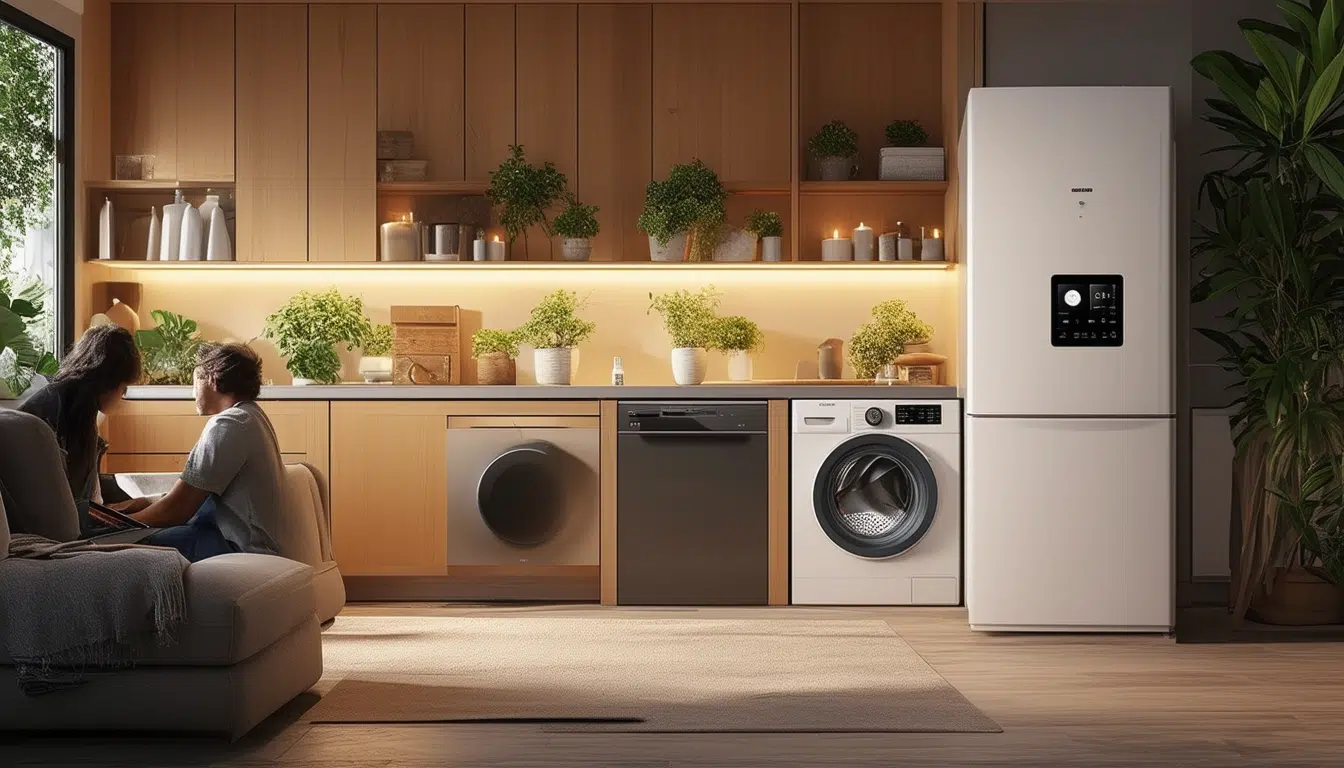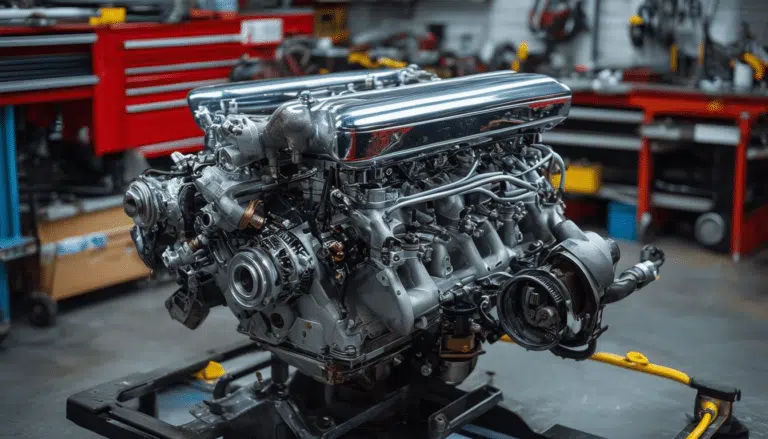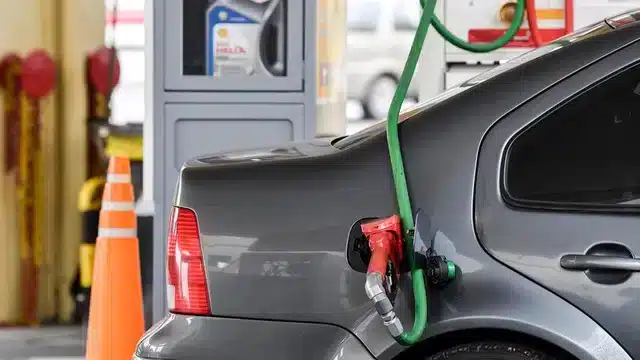Efficiency in the use of electrical appliances to save fuel

The efficiency of using electrical appliances has become a fundamental pillar for achieving significant fuel savings in our homes and vehicles. Adopting household appliances and devices that optimize energy consumption not only contributes to reducing the environmental footprint, but also translates into an increase in energy performance. In a world where sustainability is vital, implementing practices that encourage responsible electricity use becomes an imperative need for everyone.
The efficient use of electrical appliances not only contributes to environmental conservation but also allows for significant fuel savings. By optimizing the energy consumption of our devices, we can reduce dependence on non-renewable resources and, consequently, decrease the carbon footprint of our homes. This article will address various strategies to improve energy efficiency, the benefits obtained, and some recommendations for implementing them in daily life.
What is energy efficiency?
Energy efficiency is defined as the ability to use less energy to obtain the same service. This optimization seeks not only to reduce energy consumption but also to improve the quality of life by maintaining comfort. For example, using appliances with high energy ratings can achieve the same performance with lower electricity consumption.
Importance of the efficient use of appliances
Adopting efficient appliances is fundamental for mitigating environmental impact. The use of products that consume less energy contributes to sustainability and economic savings at home. For instance, replacing conventional bulbs with LED lights can lead to savings of up to 80% in energy consumption. Additionally, these small changes have resulted in a significant reduction in the use of fossil fuels.
Strategies to improve energy efficiency at home
Replacement of old appliances
Old appliances are often less efficient, resulting in higher energy consumption. Investing in new devices with an energy efficiency label may be more costly initially, but savings on electricity bills can recover that cost in a short time.
Regular maintenance of devices
Preventive maintenance of appliances will ensure their proper functioning and prolong their lifespan. Cleaning filters, checking seals, and performing regular check-ups are practices that not only help in operating optimally but also prevent excessive energy consumption.
Use of smart technology
Implementing smart technology can also benefit fuel savings. Devices like programmable thermostats and smart plugs allow for remote control of energy use, ensuring that appliances are not left on unnecessarily.
The relationship between energy efficiency and fuel savings
By reducing electricity consumption, not only are bills lowered, but there is also a positive impact on the use of fossil fuels. Lower energy use means less demand for electricity generation, which translates into a reduction in the use of fuels for its production. In this way, by improving efficiency at home, we contribute to decreasing total energy consumption and, consequently, fuel.
Economic benefits of energy efficiency
The economic benefits derived from energy efficiency go beyond reducing costs on bills. Investing in efficient appliances can increase property value by offering a more sustainable and attractive home in the market. Furthermore, fuel savings translate into lower transportation and daily mobility costs.
Conclusions and recommendations
Improving efficiency in the use of electrical appliances is a crucial step toward saving fuel and protecting the environment. It is recommended to adopt sustainable practices at home, such as replacing inefficient appliances, performing regular maintenance, and using smart technologies. For a deeper reading on this topic, you can consult some articles that address specific strategies to maximize energy savings.
For more information on how to save money and gasoline, we recommend the following link: Ingenious Google Maps Trick. Additionally, to understand the impact of wheel alignment on fuel economy, visit this article. You can also read about the role of the collaborative economy in fuel savings at the following link: Collaborative Economy. Finally, do not miss these five effective strategies and ten effective strategies to optimize fuel consumption and adopt habits that promote savings.
The energy efficiency in using electrical appliances is essential for achieving significant fuel savings in our homes and vehicles. By opting for appliances with better energy efficiency ratings, energy consumption can be reduced, which not only leads to less environmental impact but also provides relief to the wallet. This practice is one of the most effective strategies to contribute to the sustainability of the planet.
The concept of energy efficiency refers to the capability to perform the same tasks with lower energy consumption. Therefore, choosing devices that optimize electricity use not only provides equally competent service but also allows for a decrease in fuel expenses. For example, efficient driving in vehicles that incorporate advanced technology for fuel management can save up to 15% compared to less optimized driving methods.
Implementing energy-saving measures in our daily lives, such as replacing conventional bulbs with LEDs or using electrical devices that consume less, is part of a shift in habits that has positive repercussions on resource use. This efficiency also extends to applications such as smart thermostats that regulate energy consumption based on our needs, thus promoting responsible energy management.
The combination of all these efforts not only encourages a more sustainable lifestyle but also paves the way for more conscious 🚙 mobility in transportation, including electric and hybrid vehicles that are becoming more accessible and practical for consumers.





